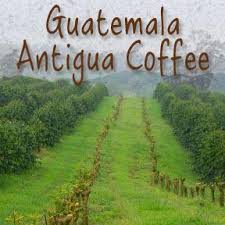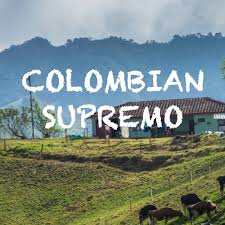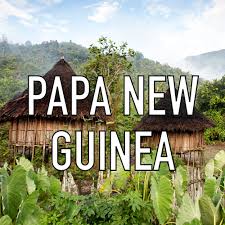|
Size Information
Sample - 250ml approx. 75g* or 10 Tbsp - $5 Small - 500ml approx. 150g* or 20 Tbsp - $9 Large - 1L approx. 320g* or 50 Tbsp - $17 *Weight will vary depending on variety and level of roast. |
Brewing Options
Whole Bean - The Best Option Fine Grind - Pour Over Medium Grind - Drip Course Grind - French Press |
Custom orders are always welcome, want to try some exotic coffees just let us know and we will source and roast to your preference.
|
The Medium Roasted Guatemalan coffee beans have a bright acidity and a smooth, rich body. The earthy flavours of this pure arabica coffee come from the region's excellent soils and growing conditions. Guatemalan coffees are true central American coffees. In particular the Strictly Hard Bean green coffees grown in the Atitlan and Antigua coffee growing regions in the country’s central highlands exhibit these qualities as well as a floral acidity that is often spicy or chocolaty.Some coffee reviews note that a lighter acidity is found among the coffees grown in mountain areas exposed to the Caribbean (e.g., Huehuetenango and Coban) or exposed to the Pacific Ocean (e.g., San Marcos), and these coffees tend to exhibit more of a fruity acidity and flavor.
Growing Altitude: 1,200 – 1,700 meters above sea level Arabica Variety: Bourbon, Typica, Catuai, Caturra Harvest Period: December – April Milling Process: Washed, Sun-dried Aroma: Floral, Citrus Flavor: Chocolate, Sweet, Nutty (slight) Body: Full, Round Acidity: Bright, Pleasant |
|
The Colombian Supremo Coffee Beans roasted to a perfect Medium-Dark offer a mellow cup, with complex aromas and rich flavours. Colombian coffees tend to have a caramel-hazelnut flavour with a medium body and bright acidity.
|
|
Our Ultra Premium Dark Roast Papua New Guinea coffee beans start with a fruity aroma that draws you in, has a deep, rich body with hickory notes and a smooth, sweet finish. These high-grown (5000+ feet) Arabica beans actually have their origin in the fabled Jamaican Blue Mountains, having been imported to the island some time in the late 1930s. Despite this, the climate isn't comparable and the beans reflect that - while delicious, they aren't a real substitute for their ancestors.
A delicately complex flavour with good acidity and mellow spice/fruit notes. While not organic certified, common farming practice in the New Guinea region is to avoid chemicals for pest control and rely on manual, natural cultivating and harvesting. These beans are fermented for 3 days, washing every 24 hours, and finally immersed in water for 24 hours before allowing to sun-dry. |




